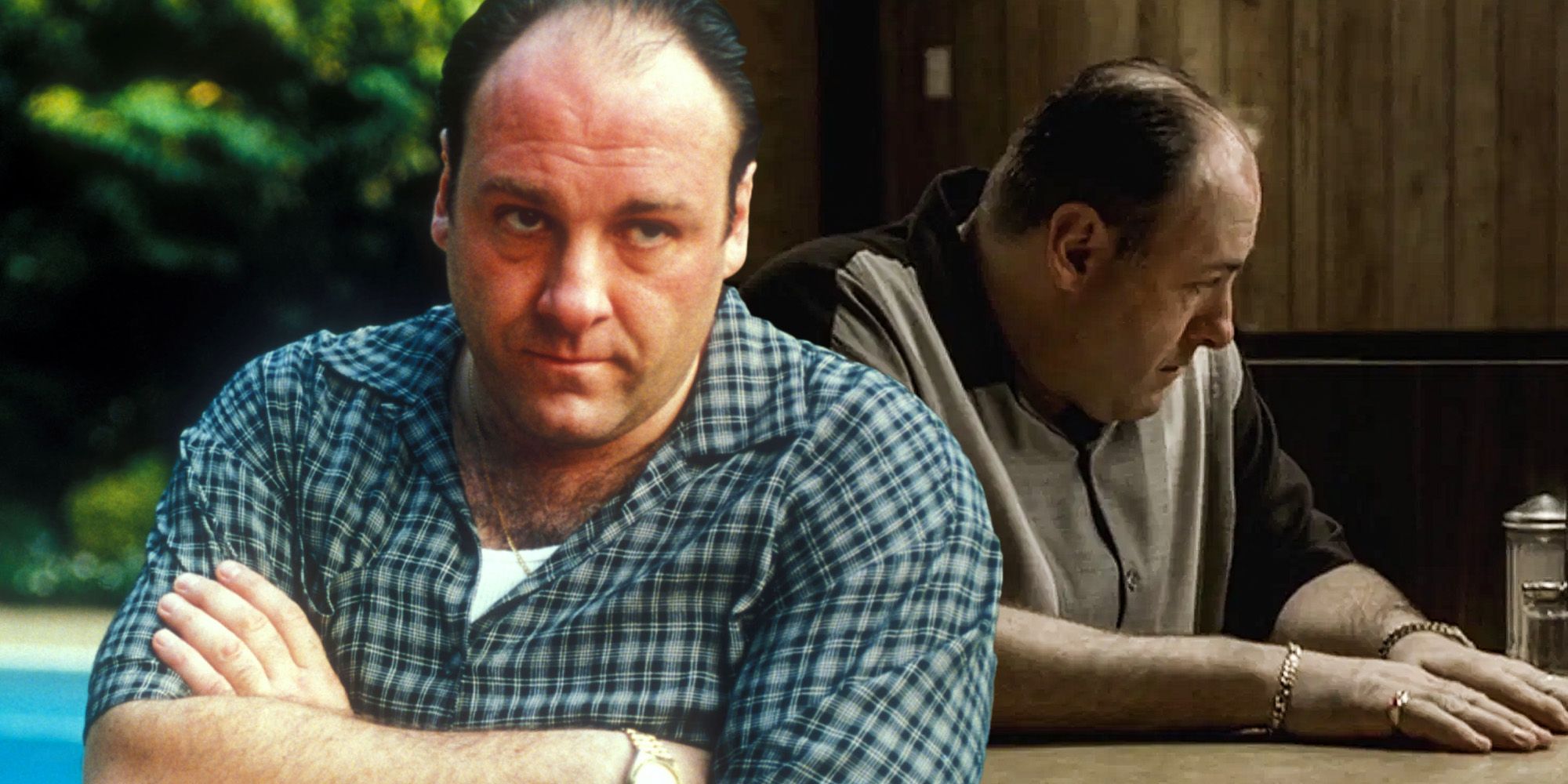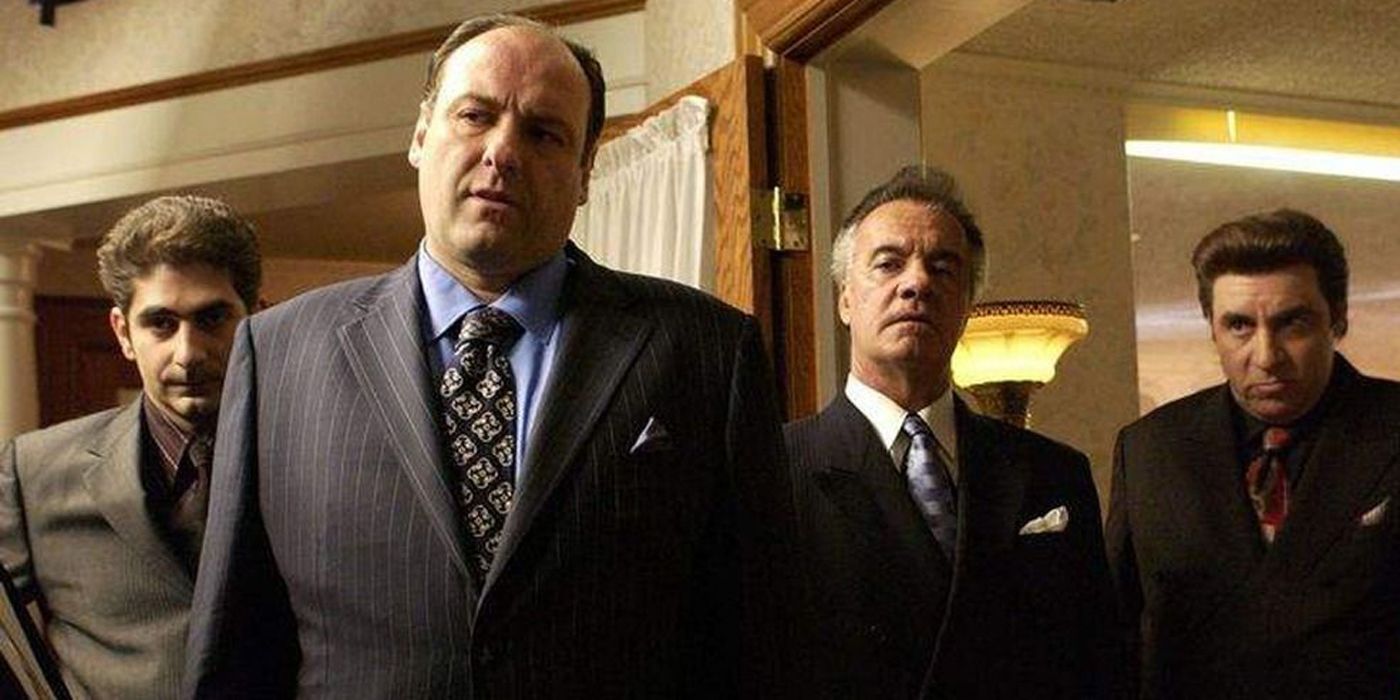Summary
- The Sopranos changed television with its daring and unique approach to storytelling, winning multiple Emmys and establishing HBO as a network of prestige television.
- The decision to end the show ultimately lay with creator David Chase, who drafted the best finale for the story and ended it while it was still one of the best shows on television.
- The show's success and a reinvigorated feeling after winning awards led Chase to extend the series with a deal for 21 more episodes, which were filmed in one continuous production cycle and premiered as two separate parts.
After six seasons of The Sopranos, the acclaimed HBO series came to an end in one of the most talked about finales in TV history. Given the massive success of the show throughout its 1999-2007 run, there were many questions as to why it ended. A number of reasons can contribute to a show ending, from the creative energy running dry to the viewership declining. However, The Sopranos ushered in a new era of television where the showrunners told complete and complex stories that would inevitably reach a fitting conclusion.
When David Chase created the series, The Sopranos changed television with a daring, bold, and utterly unique approach to storytelling. Tony Soprano was a protagonist that audiences were interested in, as a mobster dealing with his own mental health issues, but he was also a monster who did irredeemable things. The groundbreaking show won 21 Emmys and was nominated for 111 more and helped establish HBO as a network of prestige television. Part of the reason for the lasting legacy may have been that The Sopranos chose to end while it was still one of the best shows on television.
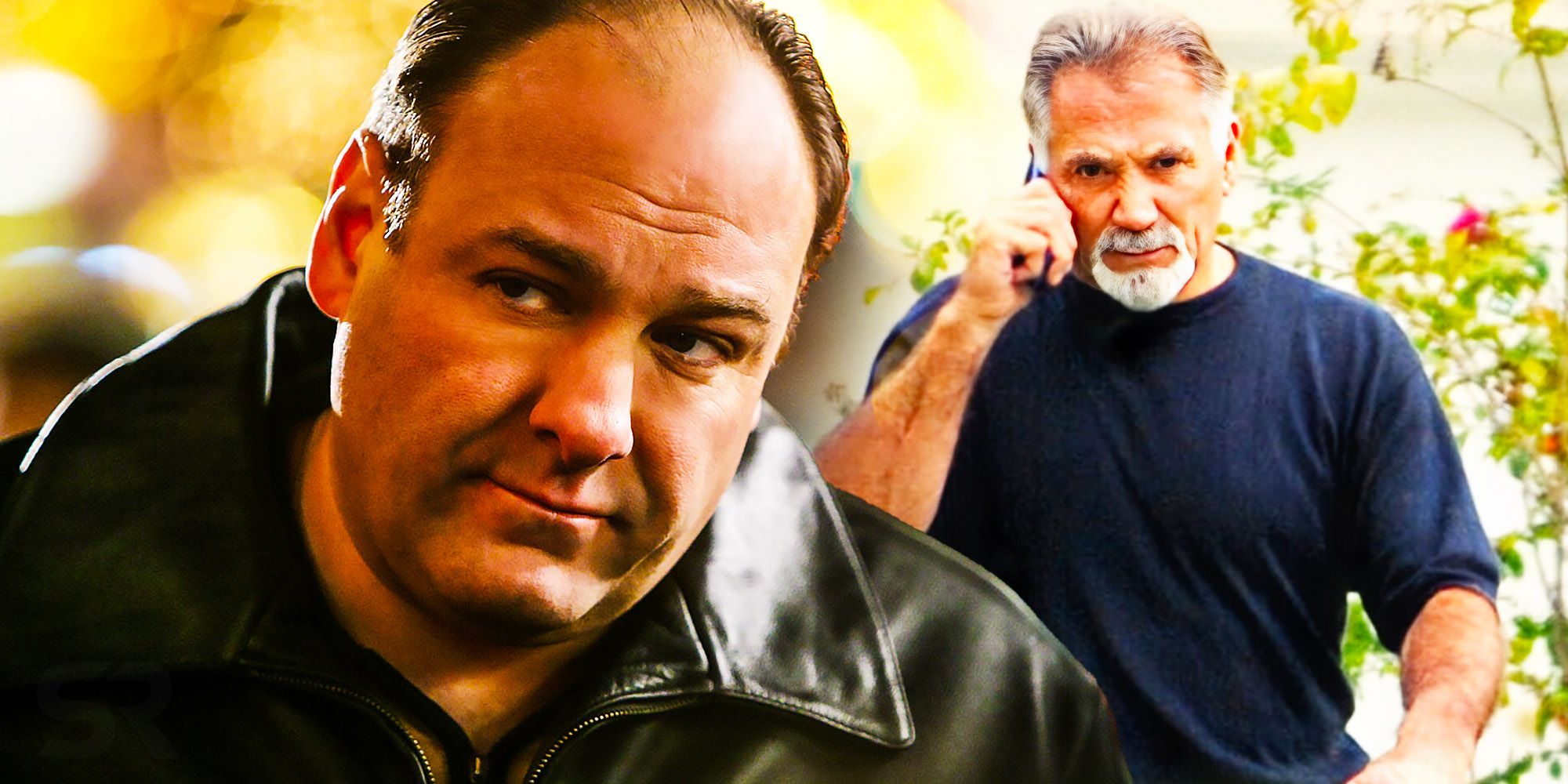
The Sopranos True Story: The Real-Life Mob Boss Who Inspired Tony Soprano
The Sopranos was hugely influenced by true crime and fictional gangster movies, but one mob boss believed that he was Tony Soprano's inspiration.David Chase Chose To End The Sopranos With Season 6
The Sopranos Lasted Longer Than Originally Planned
The Sopranos lasted for six seasons, the last of which was split into two parts in 2006 and 2007, and the decision to end the series ultimately lay with creator David Chase. When The Sopranos finale aired in June 2007, the series hadn't experienced any major drop in viewership, so it wasn't HBO who was calling for its cancelation. Rather, The Sopranos ended because Chase drafted the best finale for the story, which he told a crowd gathered for his Paddy Chayefsky Laurel Award for Television acceptance in 2008 after an extended hiatus between seasons 5 and 6.
This isn't to say there wasn't some HBO interference, particularly early on. According to interviews in Alan Sepinwall's and Matt Zoller Seitz's book The Sopranos Sessions, Chase didn't want to continue with the show past its second season, but pay raises for himself and his cast made ducking out early a near impossibility. By the time the fourth season was winding down, Chase says, "I thought I had more to give The Sopranos. I wasn't ready to give up. I was feeling really good, and I wanted to keep doing it."
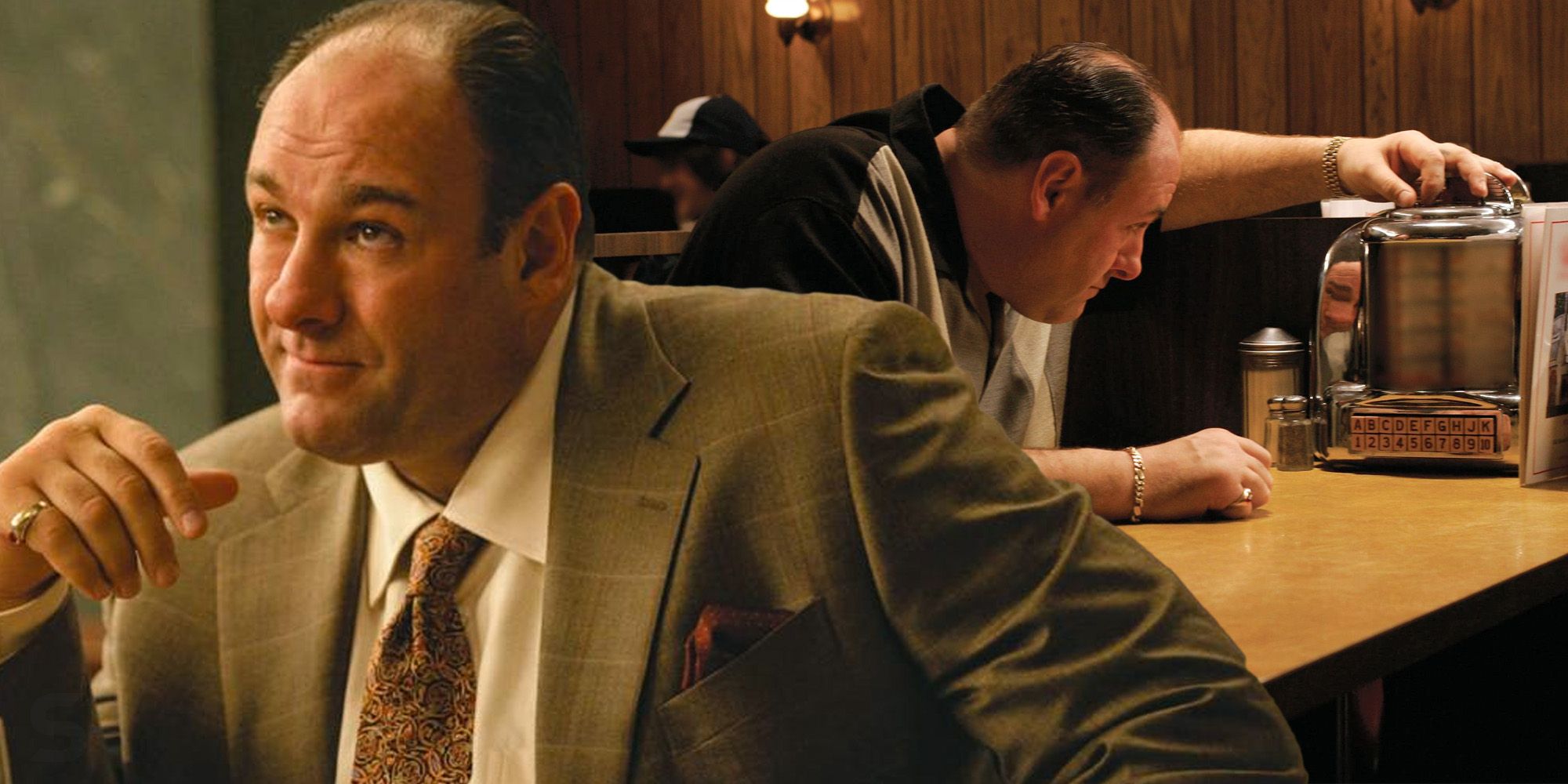
The Sopranos: Why David Chase Changed The Original Ending
Why did David Chase change the original ending of his HBO series The Sopranos? Here's why the initial version involving Johnny Sack needed a tweak.Why David Chase Didn't End The Sopranos Earlier
The Show's Success Pushed The Sopranos Creator To Make Season 6
After finally winning the Best Drama Series Emmy for the show's fifth season, then-HBO chairman Chris Albrecht said in The New York Times that Chase felt "really reinvigorated." Therefore, an initial plan to produce ten more episodes and sign off transformed into a deal for 21. Those 21 new The Sopranos episodes filmed in one continuous production cycle and then premiered as two separate parts, the first in March 2006 and the second in January 2007.
In this way, Chase satisfied the coffers of HBO leadership, who of course wanted their flagship program to continue as long as possible, while still staying true to the story he set out to tell at the beginning. The result was a finale that came not because of declining ratings or creative bankruptcy, but because of the organic nature of the storytelling. The tale of Tony Soprano and his two families had run its course. It's a credit to HBO for trusting that course throughout the run of The Sopranos, but it's Chase who knew just when to cut to black.
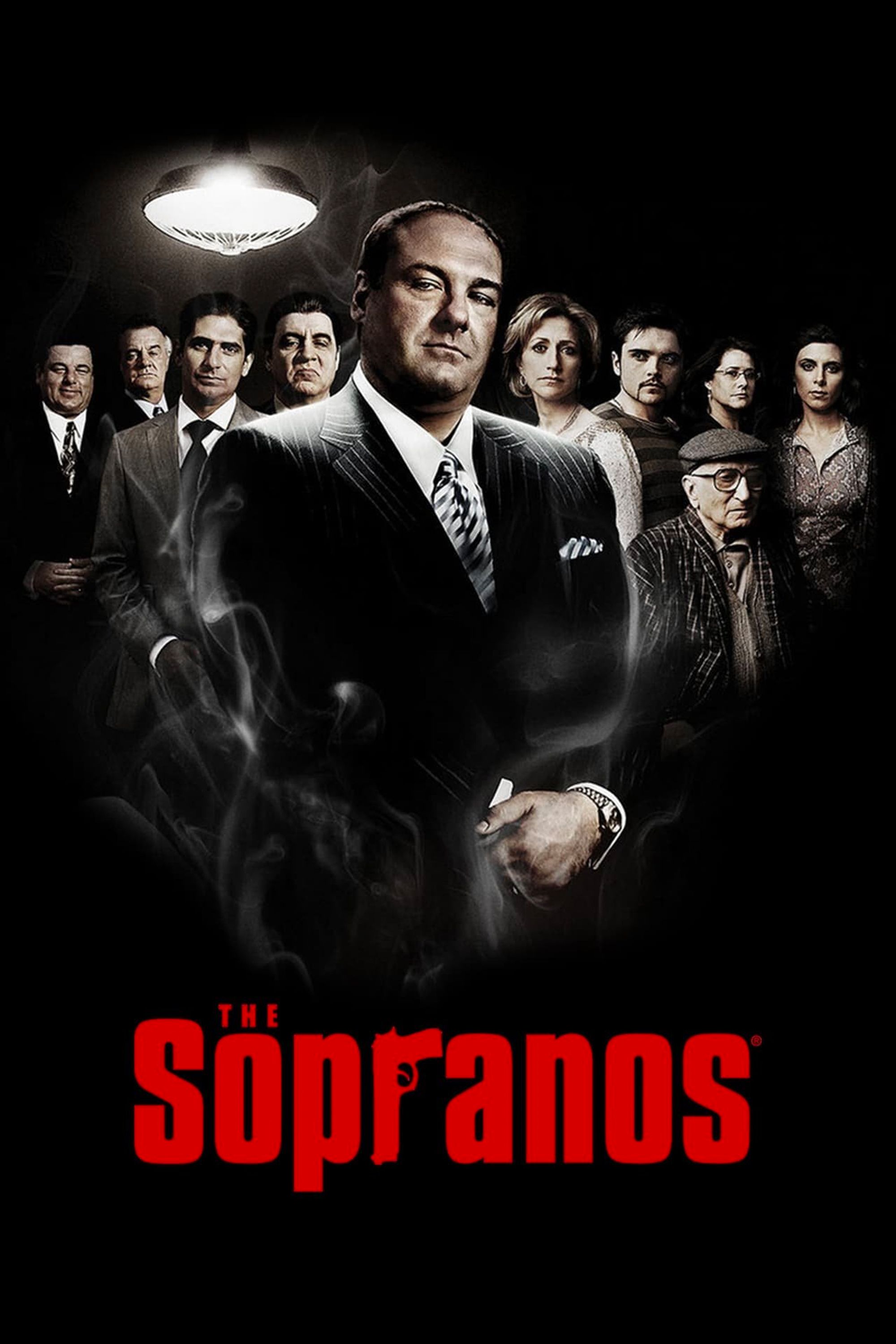
The Sopranos
Considered to be a quintessential drama series to watch, The Sopranos is a crime-drama series that follows Tony Soprano, who tries to manage the expectations of an Italian-American patriarch while acting as the head of a prolific New Jersey crime family. Burdened by the stress of the expectations thrust upon him, Tony regularly visits a therapist throughout the series run. This helps give context to Tony's actions as a ruthless boss with violent tendencies.
- Release Date
- January 10, 1999
- Cast
- James Gandolfini , Lorraine Bracco , Edie Falco , Michael Imperioli , Dominic Chianese , Steven Van Zandt , Tony Sirico , Robert Iler , Jamie-Lynn Sigler
- Seasons
- 6
- Writers
- David Chase
- Network
- HBO Max
- Streaming Service(s)
- Max

